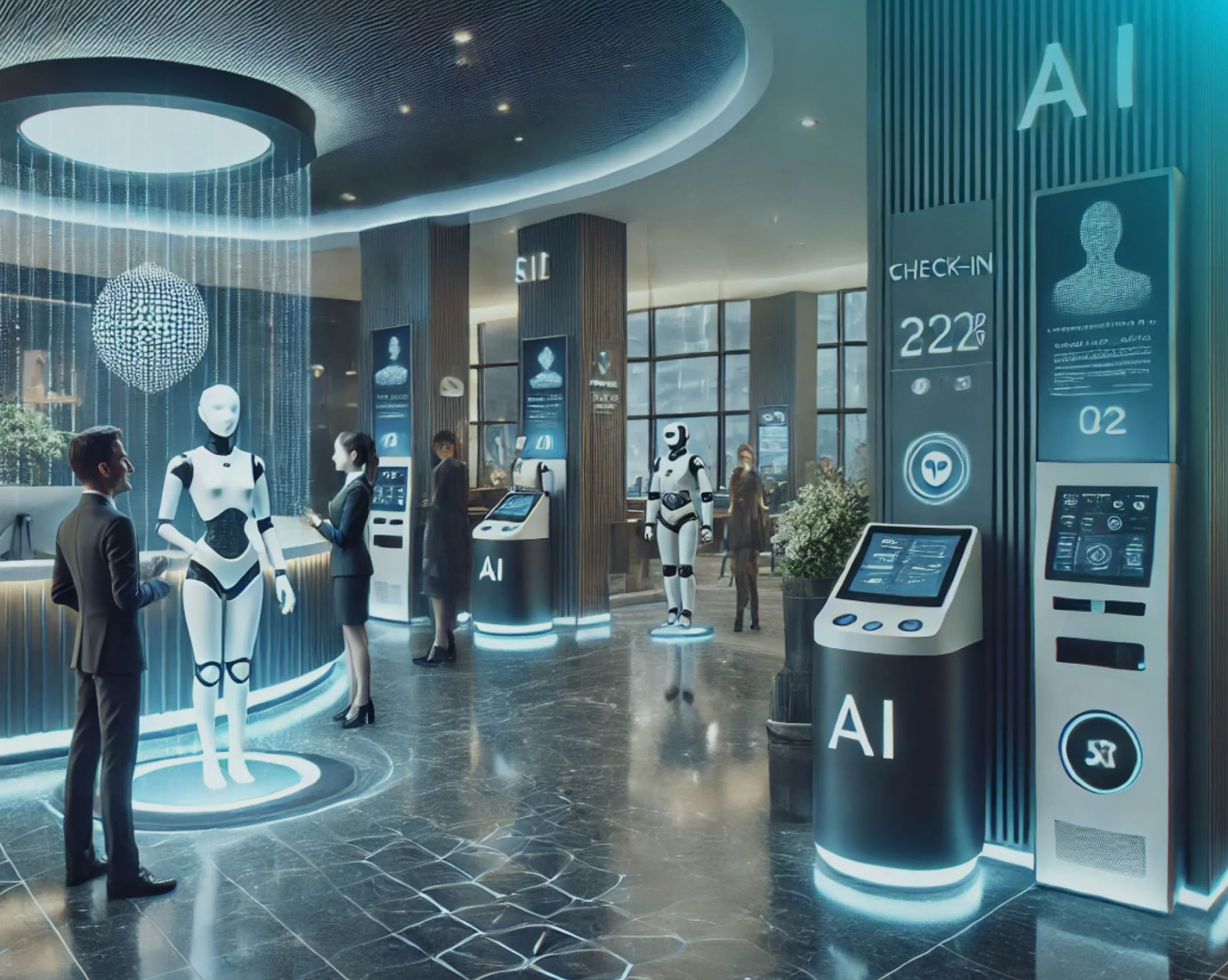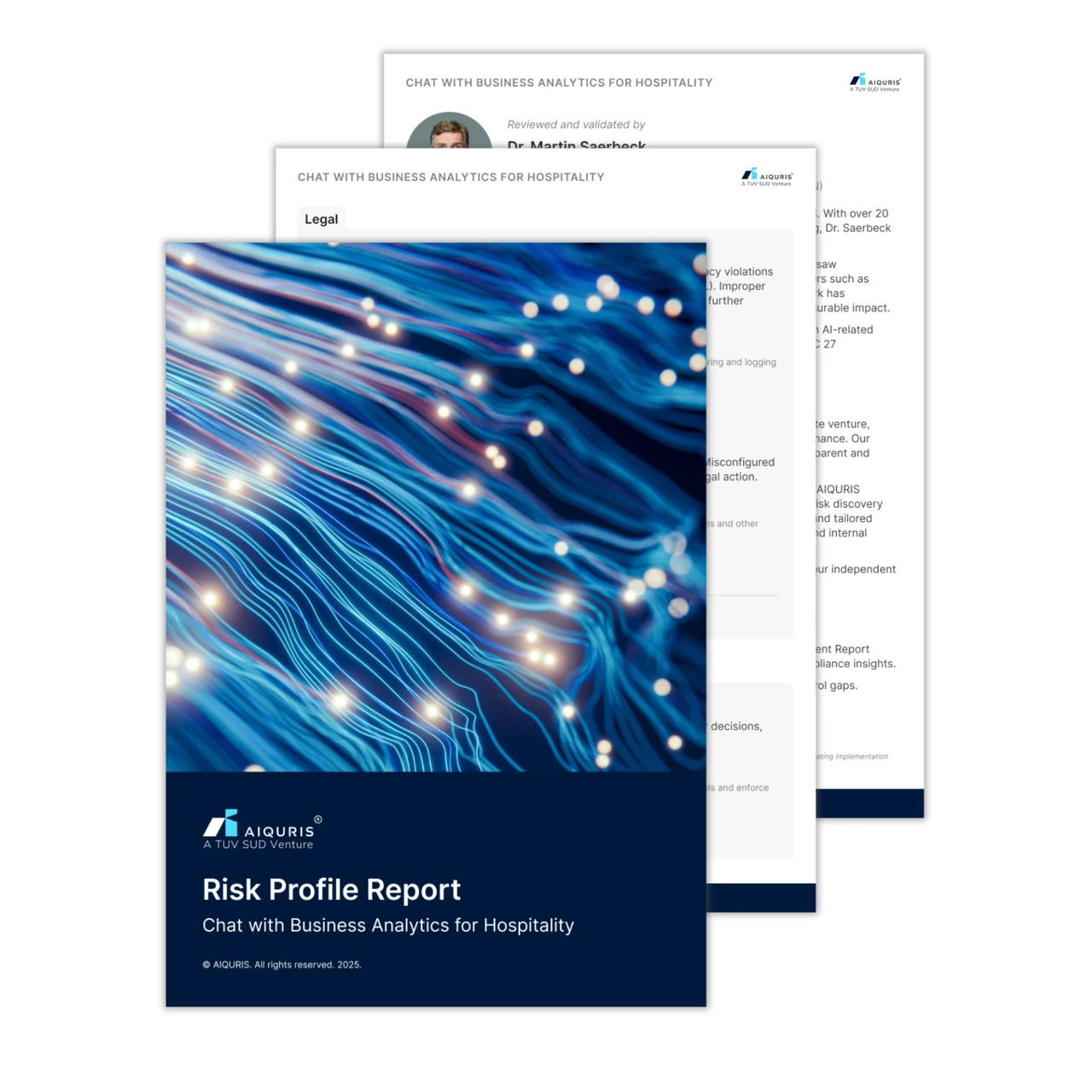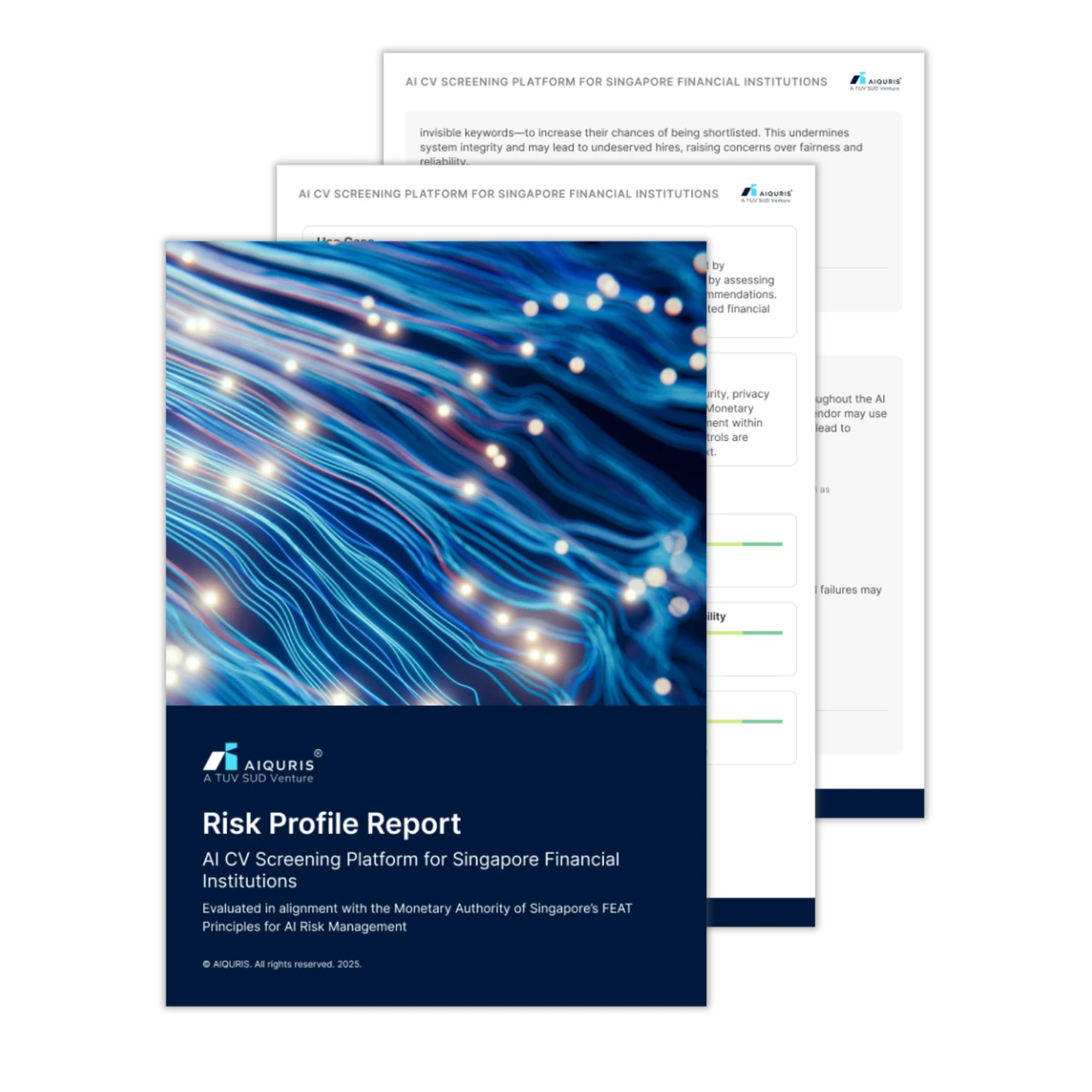The Asia-Pacific region is projected to become the leading driver of global tourism growth over the next decade, with an expected reach of $5.8 trillion in value1. A recent report projects that the global AI in the hospitality and tourism market will reach $158.40 billion by 2030, growing at a compound annual growth rate of 35.8%2. This statistic underscores the financial impact of AI and its role in enhancing operational efficiency and customer satisfaction. To effectively manage this surge in tourism, the adoption of Artificial Intelligence in the hospitality industry is crucial.
The Landscape of AI in Hospitality
Integrating artificial intelligence into the hospitality industry is revolutionising service delivery, enhancing personalisation, and optimising operational efficiency. From AI-powered chatbots to predictive analytics, leading hotel brands are leveraging AI-driven solutions to improve guest experiences and streamline back-end operations.
AI Chatbots for Customer Service
AI-powered chatbots are transforming guest interactions by handling bookings, answering queries, and providing personalised recommendations—enhancing convenience while reducing staff workload3. For instance, IHG Hotels has implemented a multilingual chatbot supporting bookings, check-ins, and customer service4. However, our analysis has uncovered critical risks that businesses should not overlook. Our AI Use Case Risk Report for customer service chatbots highlights key vulnerabilities in legal compliance, security, ethics, performance, and sustainability—shedding light on the challenges that could impact reliability and trust.
AI-Driven Data Analytics
Machine learning analyses customer data to predict preferences, optimise pricing, and personalise offers5. Marriott International’s Revenue Strategy Platform uses AI to analyse market trends, competitor pricing, and local events, dynamically adjusting room rates in real time. This ensures optimal pricing, maximising revenue while enhancing guest value6.
Operational Transformation through Specific Implementations
AI's contributions to operational transformation are profound. For instance, luxury hotel chains like Millennium Hotels have deployed Aiello's AI voice technology across their Singapore and Thailand properties to enhance customer service7. This enables guests to interact seamlessly with hotel systems, leading to quicker response times and improved satisfaction.
In this context, AIQURIS enables hospitality businesses to confidently scale their AI initiatives by providing risk profiling tailored to guest data security and pricing models, while ensuring compliance with industry standards like PCI-DSS and GDPR. This capability allows hotels to maximise ROI from their AI investments. AIQURIS offers real-time AI risk assessments, facilitating adherence to hospitality data security and privacy regulations.
Challenges in AI Adoption
Despite the advantages, AI implementation presents challenges. Smaller hotel chains may struggle with the initial investment and ongoing maintenance costs of cutting-edge technologies. Additionally, maintaining brand reputation is critical, as misaligned AI applications can negatively impact guest satisfaction. Therefore, a strategic approach to AI integration is essential. AIQURIS helps hotels navigate these challenges by ensuring compliance with regulatory frameworks like PCI-DSS and GDPR, safeguarding AI-driven customer interactions. By offering AI risk profiling, governance tracking, and compliance alignment, AIQURIS empowers hotels to deploy AI responsibly, meeting industry standards and mitigating potential risks.
AI Governance, Security, and Sustainability Standards
The successful integration of AI hinges on a robust governance framework that addresses security, compliance, and sustainability. These strategic imperatives build trust, mitigate risks, and drive long-term value.
Key Standards for Responsible AI Deployment:
ISO/IEC 27001 – Information Security Management: Securing Guest Trust and Compliance
- Strategic Implication: In an era of heightened data sensitivity, this standard is foundational. It establishes a comprehensive Information Security Management System (ISMS), safeguarding critical guest and operational data within AI-driven platforms.
- Compliance Focus: Crucially, it ensures adherence to data protection regulations like Singapore’s PDPA and GDPR, minimizing legal exposures and bolstering customer confidence.
- Actionable Insight: Implement a risk-based ISMS, regularly audited to ensure alignment with evolving threats and regulatory landscapes.
ISO/IEC 42001 – AI Management Systems: Building Ethical and Accountable AI
- Strategic Implication: As AI becomes integral to guest experiences and operational efficiencies, this standard provides a crucial governance framework. It addresses the unique ethical and risk-related challenges inherent in AI deployments.
- Compliance Focus: It helps mitigate risks associated with bias, security vulnerabilities, and ethical lapses, safeguarding brand reputation and ensuring regulatory compliance.
- Actionable Insight: Establish AI governance policies that incorporate ethical guidelines, risk assessments, and clear accountability structures.
ISO 14001 – Environmental Management Systems: Driving Sustainable AI Initiatives
- Strategic Implication: Sustainability is increasingly a key differentiator in the hospitality industry. This standard guides the implementation of AI-driven sustainability initiatives, such as energy optimization and waste reduction.
- Compliance Focus: It aligns AI strategies with environmental regulations and initiatives like Singapore’s Green Plan 2030, demonstrating a commitment to corporate social responsibility.
- Value to ICP: Enhanced brand image through sustainable practices, improved operational efficiency through energy savings, and alignment with global sustainability goals.
Strategic Integration for Competitive Advantage:
By strategically integrating these standards into AI deployment, hospitality companies can:
- Enhance Trust and Reputation: Demonstrate a commitment to responsible AI practices, building trust with guests and stakeholders.
- Mitigate Risks: Proactively address security, ethical, and compliance risks, minimising potential legal and financial liabilities.
- Drive Sustainable Innovation: Leverage AI to achieve sustainability goals, enhancing operational efficiency and environmental performance.
- Improve Governance: Establish clear frameworks for AI governance, ensuring accountability and transparency.
In essence, these standards are not just about compliance; they are about building a sustainable and trustworthy AI ecosystem that drives competitive advantage in the hospitality industry. By integrating these standards, hotels can optimise AI adoption while safeguarding data, governance, and sustainability.
Future of AI in Hospitality
AI adoption and investment in the hospitality industry increased by 60% annually from 2023 to 20338. This shift will necessitate strategic workforce training to adapt to data-driven environments and new technological tools. One key area of advancement is AI-driven personalisation. For instance, Accor Hotels employs AI to optimise its ALL – Accor Live Limitless loyalty program. By analysing guest spending behavior, AI dynamically adjusts offers and predicts which perks will drive engagement9. Such innovations highlight how AI will shape the next era of hospitality, making services more intelligent, efficient, and customer-centric.
Conclusion
As the hospitality industry in Singapore continues toward digital transformation, embracing AI is crucial for hotels aiming to remain competitive. Through targeted implementations, understanding unique market segments, and maintaining a balance between technology and human connection, the future of AI in hospitality looks bright. AIQURIS differentiates itself by providing AI compliance solutions aligned with hospitality data laws, ensuring responsible and secure AI adoption.
To explore how AIQURIS can benefit the hospitality industry, reach out today.
- Travel and Tour World
- Future Data Stats
- Softude
- AIGN
- Tourism Review
- Revenue Hub
- Hotel Management Network
- Oracle Net Suite






